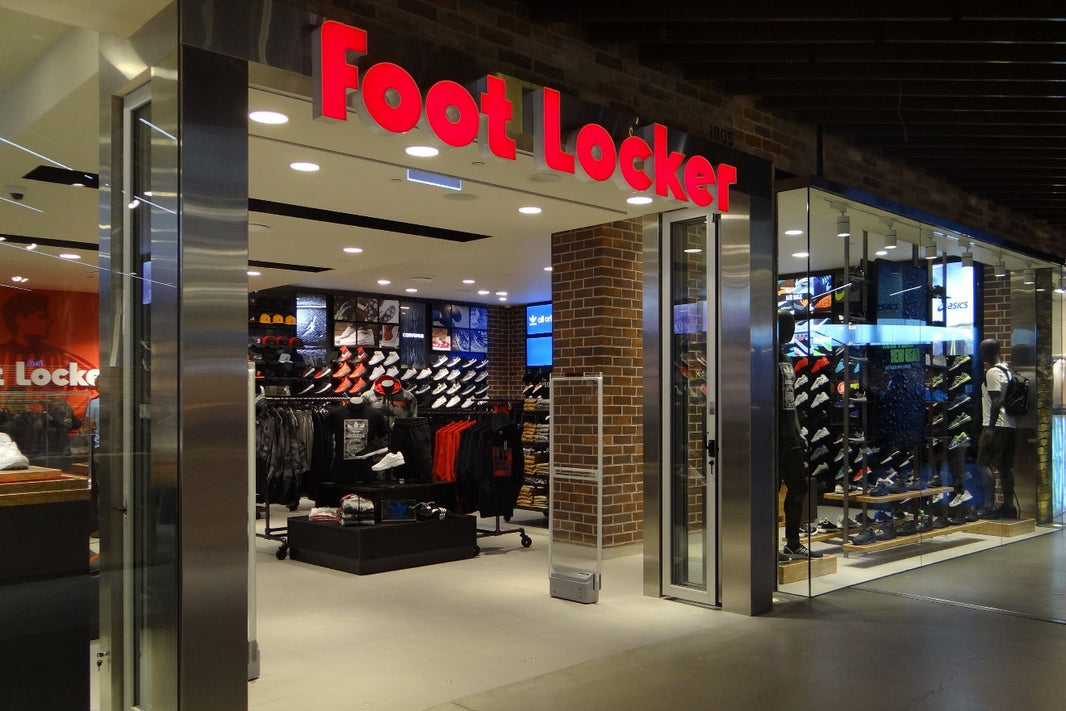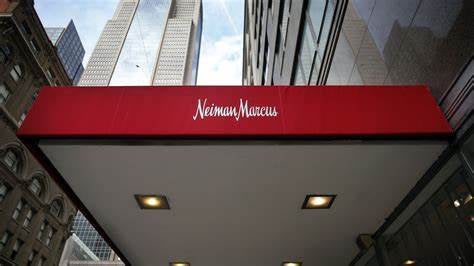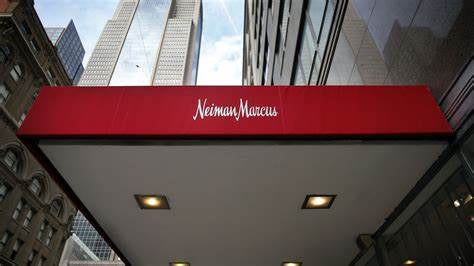Patagonia, a renowned outdoor apparel brand, has redefined customer experience by aligning it with its core values through its innovative repair program. Unlike typical retailers that push for new purchases when clothes wear out, Patagonia takes a different approach—encouraging customers to mend their gear instead of replacing it. This strategy not only reflects the brand’s commitment to sustainability but also fosters deep customer loyalty and advocacy. Here’s an in-depth look at how Patagonia’s repair program drives its success and sets it apart in the competitive apparel industry.
A Unique Approach to Wear and Tear
Outdoor gear designed for rugged use inevitably takes a beating. “Any product made for hardcore sports use is going to get damaged. It’s going to get beat up,” explains J.J. Huggins, a Patagonia spokesperson. Rather than capitalizing on this wear and tear with replacement sales, Patagonia empowers customers to extend the life of their clothing. The company offers free patch kits upon request to fix small rips or holes permanently. Additionally, staff at Patagonia’s company-owned stores are equipped to perform minor repairs, guide customers in DIY fixes, or connect them with the expert repair team in Reno, Nevada. For those who prefer self-service, Patagonia provides a comprehensive online library of repair tutorials and DIY guides, making it easy for customers to assess and address damage themselves.
Living Its Values Through Repairs
Patagonia’s repair initiative is a shining example of how the brand integrates its ethos into the customer experience. Clara Redwood, Patagonia’s global repair experience manager, emphasizes its significance: “It’s one of the coolest things we do. I love that we encourage home and in-the-field repairs.” She highlights the flexibility customers have—whether it’s using electrical tape or dental floss to patch up gear, these creative fixes won’t void Patagonia’s warranty. This commitment to keeping products in use resonates with environmentally conscious consumers and reinforces the brand’s dedication to sustainability.
Building Trust and Emotional Connections
Experts praise Patagonia for delivering on its promises in an industry often plagued by greenwashing. Jeff Mango, KPMG’s U.S. customer experience and engagement leader, notes that Patagonia stands out by avoiding “marketing sizzle” and focusing on genuine sustainability efforts. This authenticity has earned the company a third-place ranking in KPMG’s 2024-2025 U.S. customer experience excellence survey, a remarkable 16-spot jump from the previous year. The report underscores that Patagonia’s purpose-driven stance appeals to consumers who value ethical consumption, creating an emotional bond that drives repeat business and word-of-mouth advocacy.
Christopher Bresnahan, an associate professor at USC’s Marshall School of Business, adds, “They’re one of the few brands that do what they say they’re going to do.” Since 1985, Patagonia has donated 1% of its sales—over $140 million—to environmental causes, supporting grassroots organizations globally. Programs like Patagonia Action Works further engage customers by linking them with local environmental initiatives, while the company’s 2024 fiscal year efforts included funding nearly 12,000 hours of skill-based volunteering, valued at $2.2 million.
A Certified Commitment to Purpose
As California’s first certified B Corporation in 2012, Patagonia legally embeds its social and environmental mission into its operations. Unlike traditional companies focused solely on shareholder value, Patagonia prioritizes workers, communities, and the planet. This accountability ensures the brand stays true to its word—a promise that translates into tangible business success. According to the KPMG report, Patagonia’s revenue quadrupled year over year, proving that purpose and profit can coexist.
Sustainability Beyond Repairs
Patagonia’s environmental efforts extend beyond its repair program. The Ironclad Guarantee allows customers to return items anytime, reinforcing the brand’s confidence in its durable, high-quality products. The Worn Wear program enables customers to trade in or purchase used gear, reducing waste and the demand for new production. Personalized product recommendations on Patagonia’s website align with its eco-friendly goals, setting it apart from competitors, as Mango points out. By designing repairable clothing and using repair data to refine products—like fixing bent luggage handles years ago—Patagonia ensures continuous improvement.
The Ripple Effect of Trust
The repair program strengthens customer trust, a key driver of loyalty. “Our customers come back for repairs. The repair service really instills a sense of trust in the customer base,” Redwood explains. This trust is bolstered by Patagonia’s high-quality, repairable gear, which customers see as a long-term investment. The program also informs product development, with the repair team flagging recurring issues for designers to address, enhancing future offerings.
Can Others Follow Patagonia’s Lead?
Patagonia’s repair model has piqued the interest of other apparel brands, and the company willingly shares its expertise. “We want other brands to do repairs,” Redwood says. “If we get a call from someone at another gear company, we’re going to answer that question.” However, replicating Patagonia’s success isn’t straightforward. Bresnahan notes that sustainability must be a foundational mission, not an afterthought. Startups can build this into their DNA, while established brands like Columbia face steeper challenges in overhauling operations.
The Secret to Patagonia’s Success
Ultimately, Patagonia’s customer experience triumph lies in its ethos. “We treat both the customer and the product with respect, together,” Redwood says. This holistic approach—pairing sustainability with exceptional service—creates a loyal customer base that not only returns but also champions the brand. By prioritizing repairs, reducing waste, and living its values, Patagonia proves that ethical business practices can drive both advocacy and profitability.






